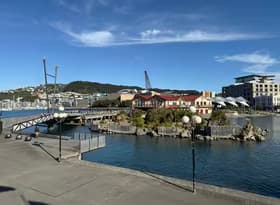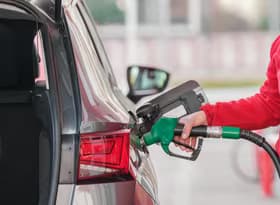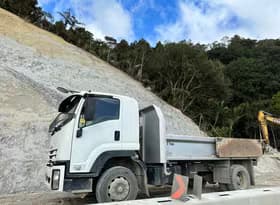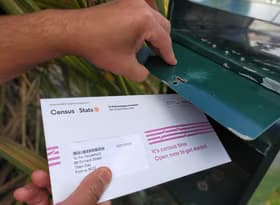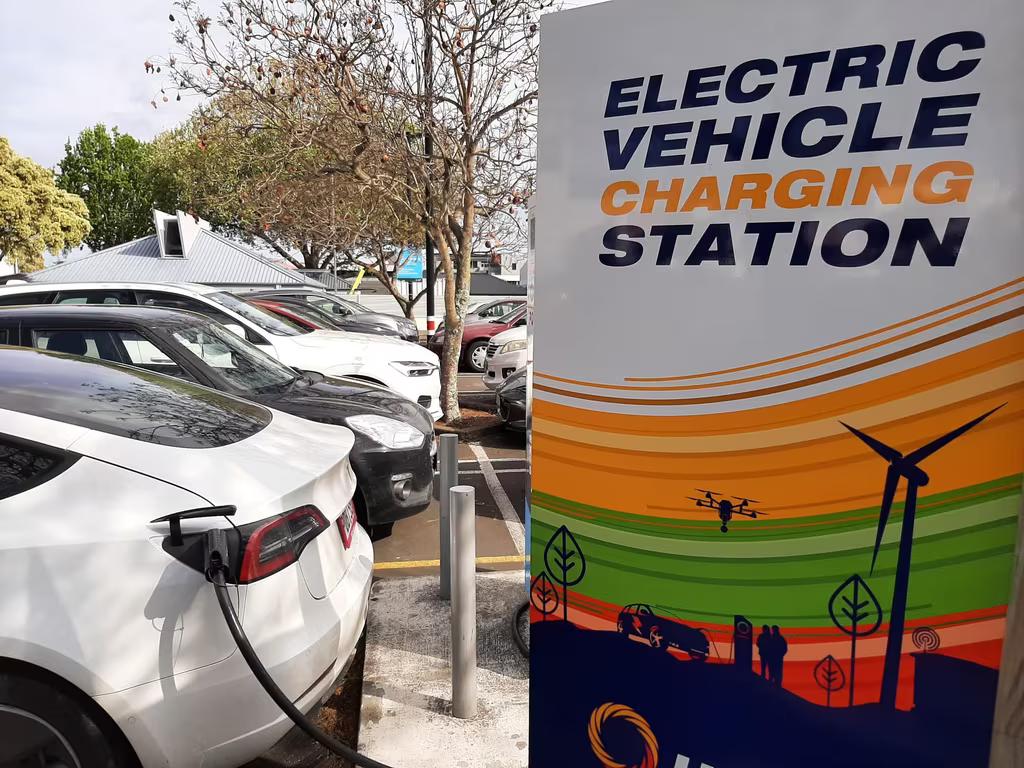
Do green districts buy more EVs?
Electric vehicle (EV) uptake in New Zealand has been accelerating over the last few years. Uptake was helped along with financial incentives including the Clean Car Discount scheme and the exemption of EVs from paying road user charges (RUC). With the discount scheme gone and EV owners about to start paying RUC, the trajectory is likely to change.
In this article I look at the uptake of EVs, some of the economics which have encouraged EV uptake, and how the uptake has varied across the country.
EV uptake accelerated to end of 2023
Nearly 10,000 EVs were registered in New Zealand in the December 2023 quarter, accounting for 15.6% of all cars registered. This strong result was driven by the ending on 31 December 2023 of the Clean Car Discount, which gave discounts of up to $8,625 on the purchase of an EV.
Chart 1 shows that the uptake of EVs started accelerating in the third quarter of 2021 when the EV proportion of registrations jumped to 6.1% from 2.1% in the previous quarter. The jump in EV registrations coincided with the introduction of the Clean Car Discount on 1 July 2021. Prior to that, the rate had been flatlining since mid-2019.
The financial case for buying an EV was compelling
We all know the upfront costs of buying an EV are high but the savings in running costs are considerable.
The cheapest EVs in New Zealand retail at around $43,000 whereas entry level petrol vehicles start at about $17,000. The Clean Car Discount of $8,625 for a full battery EV vehicle brought the cost of a new EV to the mid $30,000s.
To compare the variable costs of running an EV with other forms of transport, I use an example of a Carterton resident who commutes into Wellington, a round trip of 170 kms. My analysis is simple and does not account for wear and tear on the vehicle, servicing costs, depreciation, and other associated costs such as parking. My assumptions are shown at the end of the article.
Chart 2 shows that today, before the introduction of RUC, an EV owner can do a round trip to Wellington for between $5.49 (if they charge their EV at non-peak times) and $10.98 if charging is done during peak hours.
For even more households with the luxury of solar panels, the cost of the drive is effectively less than $4 when charging their EV from their home solar panels. Here, the cost of using power from your own solar panels is the income you forgo by not selling that power back to the grid. This amount is less than 10% of the cost of using a petrol vehicle ($40.80).
Charging at a commercial EV charging station costs significantly more than charging at home, so the cost of the journey jumps to $22.29 when charged commercially. This cost is approaching the cost of using the train ($29.96) for the return journey.
The bargain basement prices for travel by EV owners is coming to an end when RUCs are introduced on 1 April 2024, at $76 per 1,000 kilometres. Chart 3 shows that the cost of the return journey to Wellington in an EV powered at home by solar panels will jump from $3.88 without RUC to $16.80 with RUC.
With RUC the cost of the return journey when the EV user power from a commercial charger will rise to $35.21, not far off the cost of the journey in a petrol vehicle ($40.80). This shows that there will be very little financial reward for driving an EV when the driver is away from home and is forced to use commercial chargers.
However, the round trip of 170km is not generally where the greatest benefits of EVs are found. Often EVs are considerably cheaper to run compared to petrol vehicles for shorter and more frequent “around town” trips.
South Wairarapa District has the highest uptake of EVs
Over the year to December 2023 nearly a quarter (24.2%) of car registrations in South Wairarapa were for EVs (Chart 4). This registration rate puts the district at the top of the league table of all 66 mainland territorial authorities in New Zealand.
Tasman District has the second highest EV uptake with a rate of 20.7%. The top 5 was rounded out by Kapiti Coast District, Wellington City, and Carterton District.
The top 10 is dominated by territorial authorities in Wellington Region with six out the 10 being in Wellington Region.
Green districts have high EV uptake relative to their incomes
The high upfront cost of buying an EV makes it difficult for many households to benefit from the lower running costs of an EV and for the environment to benefit from lower emissions.
To help understand the relationship between household income and EV uptake, Chart 5 shows average household income and the proportion of car registrations that were EVs in each of the 66 mainland territorial authorities in New Zealand.
The chart shows a moderate correlation between average household income and EV uptake.
There are a few clear outliers. Auckland, Porirua City, and Wellington City have lower EV uptake than their income profile would support. On the other hand, Thames-Coromandel District and Tasman Districts, with their large green communities, have high EV uptakes relative to their average household incomes.
Where to from here?
The Clean Car Discount and absence of RUC provided good financial incentives for households to purchase EVs. The elimination of both incentives in short succession will considerably slow EV uptake in New Zealand. As a country we will need to increasingly rely on the motivation of individuals to reduce pollution, conserve natural resources, and combat climate change as the driver of EV uptake. That motivation is likely to be driven by more direct and less distortive price signals, as the carbon price rises over time and sees households decide on how to manage their costs.
Technical notes and assumptions
The following assumptions are made in my calculations on the cost of various transport options:
- Electric vehicle efficiency is 0.19 kWh/km
- Home electricity costs are based on a Merdian EV plan which is $0.17kWh during off peak hours, $0.34kWh during peak hours and selling back to the grid at $0.12kWh
- Fuel efficiency of a petrol car is 8 litres/100km
- Petrol price is $3.00 per litre
